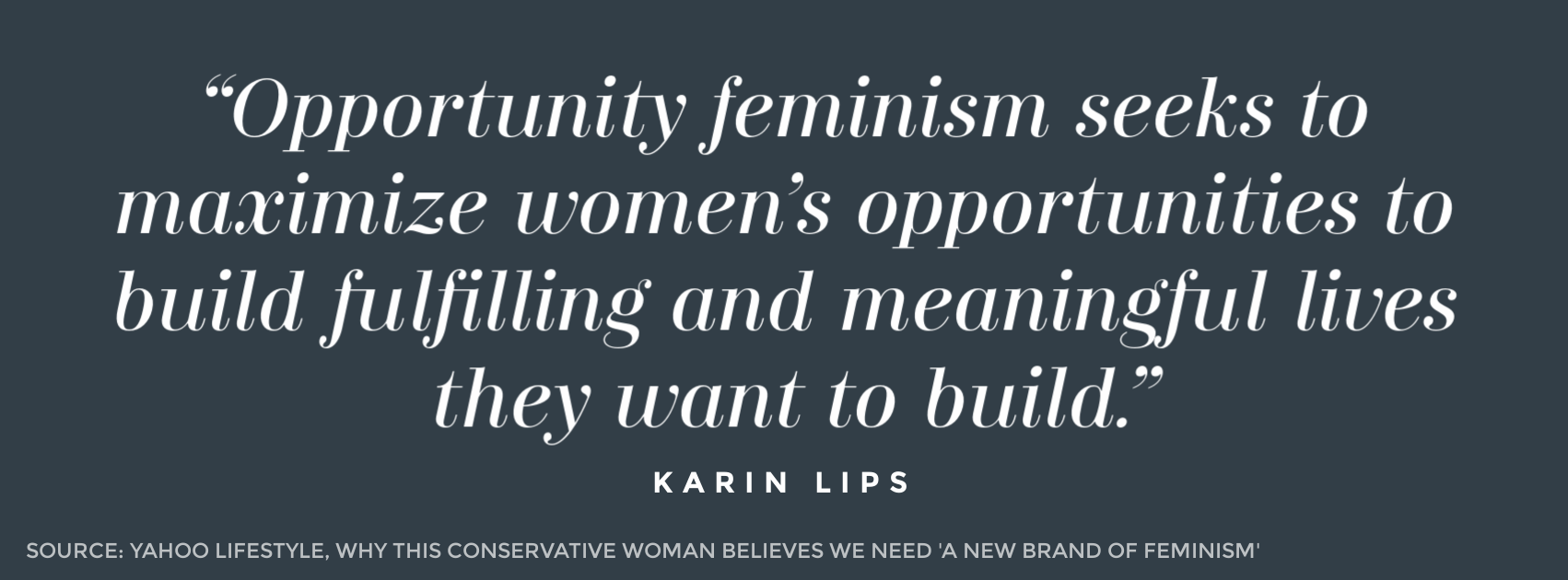At Thanksgiving, Sit Next To Someone Who May Challenge Your Opinions
This article originally appeared in Forbes.
Thanksgiving marks an annual pilgrimage home for many college students, and with it, uncomfortable questions on majors, post-graduation plans and significant others.
One university is preparing students for an added potential worry this year—how to handle Thanksgiving dinner with family and friends who might have a different opinion.
In Georgetown University Medical Center’s “Thanksgiving Conversation Survival Guide Post-Election,” Georgetown University School of Medicine clinical psychologist Mary Ann Dutton offers seven tips:
Avoid alcohol and substances that reduce ability to think clearly and to control anger
Don’t sit close to those who might challenge your opinions
Remind yourself and others of areas of common ground
Change the topic (“What I’d really like to hear about is…”)
Suggest talking at a later time
Avoid disrespectful behavior and abusive language
If you feel the conversation is going south, politely excuse yourself from the table
College is supposed to be a place where young adults go to learn together. Part of the educational process is learning how to absorb, understand and engage new ideas. That includes learning how to discuss issues with people who have a different opinion on them. Sometimes the differences are small and agreement can be reached. Sometimes agreeing to disagree is the best course.
Certainly, students aren’t the only ones who sometimes find talking politics at Thanksgiving stressful. According to an ABC News and SSRS online survey, 45 percent of Americans anticipate politics will be discussed at Thanksgiving and 38 percent said the idea of talking politics is at least somewhat stressful—14 percent said it is very stressful.
But disagreeing with an aunt or uncle while talking politics over turkey shouldn’t immediately trigger students to experience uncontrollable anger or feel a need to leave the table. The tips on Georgetown’s list are revealing of the campus environment today. Instead of fostering intellectual diversity, campus administrators these days often coddle students’ emotion and stifle dissent.
This list is the result. Students shouldn’t need a list of tips for how to handle life off campus. That is what college should be preparing students for every day.
Colleges shouldn’t create a campus bubble filled with people who all believe the same ideas.
That one of the top universities sent out a press release advising, “Don’t sit close to those who might challenge your opinions,” speaks volumes about the state of higher education today.
Universities should be encouraging students to do the opposite: Go sit next to someone who may challenge your opinions.
Ask someone older about their life experiences and what they have learned about the personal impact of policy changes. What is it like when the president’s party loses the White House? What advice do they have when the candidate they voted for didn’t win? What policies do they remember as having worked effectively under different presidents?
We are about to have another major national conversation about health care. What worked well before the Affordable Care Act and what needed to be improved? The answers will vary.
Americans disagree about politics and policy. We should all be thankful for the opportunity to live in a country where we can disagree publicly by, for example, sharing our political frustrations on Facebook. That is not the case everywhere. Facebook blocked about 55,000 pieces of content in about 20 countries between July 2015 and December 2015, according to The New York Times. And the company is developing a new tool to allow geography-based censoring in a bid to get Facebook into China.
Students should be able to listen, ask questions, offer an opinion and answer questions without ruining Thanksgiving.



